Among the many types available, products like the multifunctional gas valve, plumbing water pressure regulator, and chemical resistant check valve are essential components that demand careful attention during manufacturing. Precision in valve manufacturing is not just a technical detail; it is the cornerstone that ensures reliability, safety, and performance.
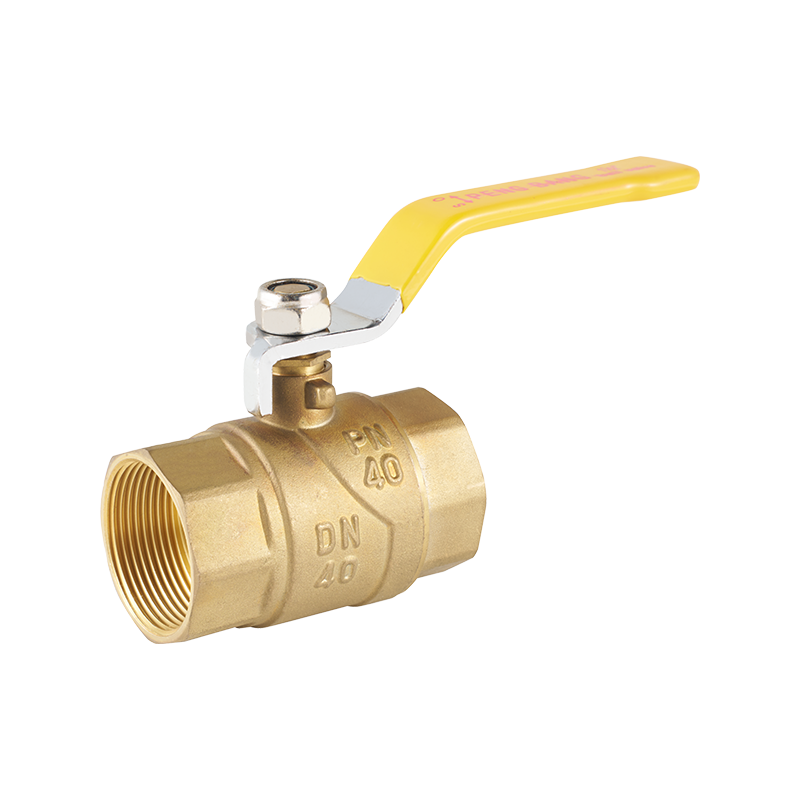
When it comes to manufacturing a multifunctional gas valve, precision is crucial. This type of valve is designed to manage different functions within gas systems, which often operate under varying pressures and environmental conditions. A slight deviation in dimensions or material consistency during production can advance to malfunction or leakage. Because the multifunctional gas valve handles potentially hazardous gases, even minor inaccuracies can compromise safety and efficiency. Therefore, manufacturers invest in exacting quality control measures and advanced machining techniques to maintain tight tolerances.
Similarly, the plumbing water pressure regulator must be produced with precision to perform its role effectively. This valve controls the pressure within water supply lines to protect household plumbing systems and appliances from damage caused by pressure fluctuations. A plumbing water pressure regulator that is manufactured with imprecise components may either fail to reduce pressure adequately or restrict water flow unnecessarily, pilot to inefficiency and possible damage. Precision in the valve's internal mechanisms, such as springs and diaphragms, is critical to ensure steady and consistent pressure regulation over time.
Chemical resistant check valves are another example where precision manufacturing is vital. These valves are often used in environments involving aggressive chemicals or corrosive substances. The chemical resistant check valve prevents backflow and contamination while enduring harsh chemical exposure. Producing these valves requires the use of specialized materials and precise fabrication to ensure that seals and moving parts function reliably without degradation. Any lapse in manufacturing accuracy can result in leaks or failure, potentially causing serious consequences in industrial processes.
Across all valve types, including multifunctional gas valves, plumbing water pressure regulators, and chemical resistant check valves, precision in manufacturing translates directly to product longevity and user safety. A valve produced with exact dimensions and carefully selected materials is less likely to experience wear, corrosion, or mechanical failure. This reliability reduces maintenance needs and the risk of unexpected downtime, which can be costly and disruptive.
The demand for precision also affects the efficiency of fluid flow control. Valves manufactured without strict adherence to specifications may introduce turbulence or pressure drops within the system, undermining operational efficiency. For example, a multifunctional gas valve with an improperly machined seat or poor surface finish can cause leaks or require higher operating force, which impacts overall system performance. Likewise, plumbing water pressure regulators need accurate diaphragm calibration to respond quickly and consistently to pressure changes, which only precision manufacturing can guarantee.
Furthermore, precision manufacturing processes contribute to regulatory compliance and certification standards. Valves such as chemical resistant check valves often need to meet stringent industry requirements for safety and environmental protection. Without precise production processes, valves may fail to achieve these certifications, limiting their usability in regulated markets.
Manufacturers employ various techniques to ensure precision in valve production. Computer Numerical Control (CNC) machining, laser cutting, and advanced inspection methods such as coordinate measuring machines (CMM) help maintain tight tolerances. These tools are especially important for complex valves like multifunctional gas valves, which integrate multiple functions and require consistent quality across several components.
In addition to manufacturing technology, material science plays a role in achieving precision. Chemical resistant check valves, for example, often utilize materials like PTFE or other specialized polymers that must be precisely molded and finished to maintain chemical resistance while fitting ideally within valve assemblies. The same applies to metal components in plumbing water pressure regulators, where alloys and surface treatments affect both durability and performance.
In conclusion, the importance of precision in valve manufacturing cannot be overstated. Whether it is the multifunctional gas valve, plumbing water pressure regulator, or chemical resistant check valve, precise manufacturing ensures that each valve fulfills its intended function safely and efficiently. As industries continue to demand higher reliability and regulatory compliance, the focus on precision will remain a key factor in valve production, safeguarding systems and users alike.


 English
English русский
русский Español
Español عربى
عربى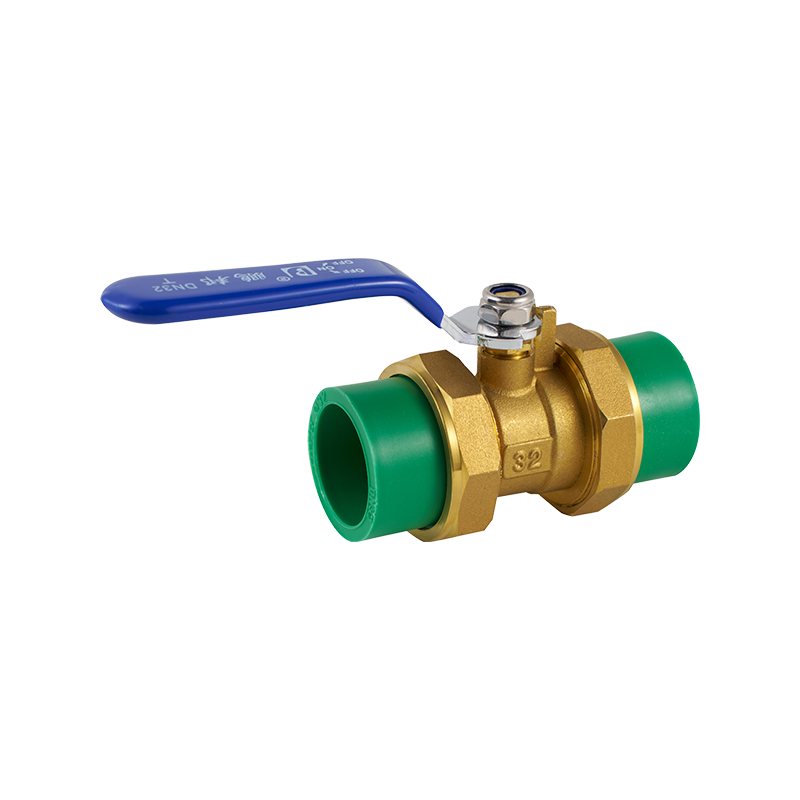
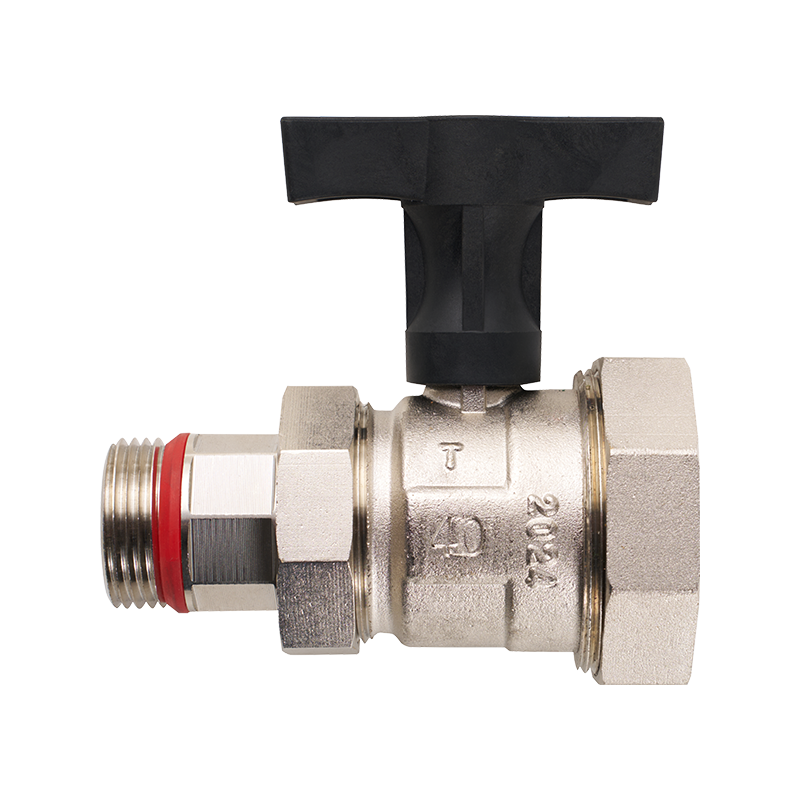
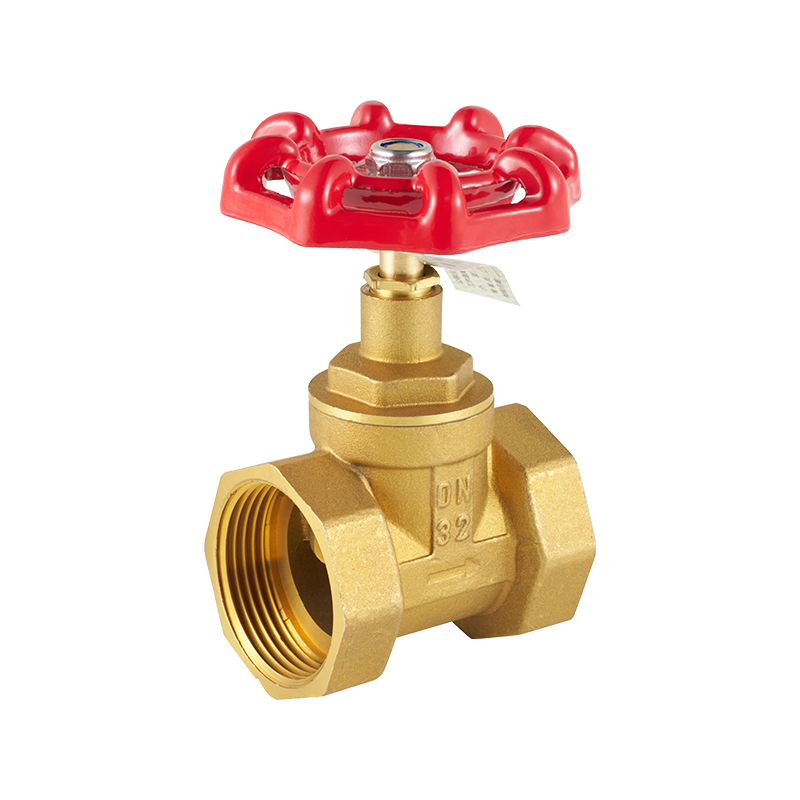
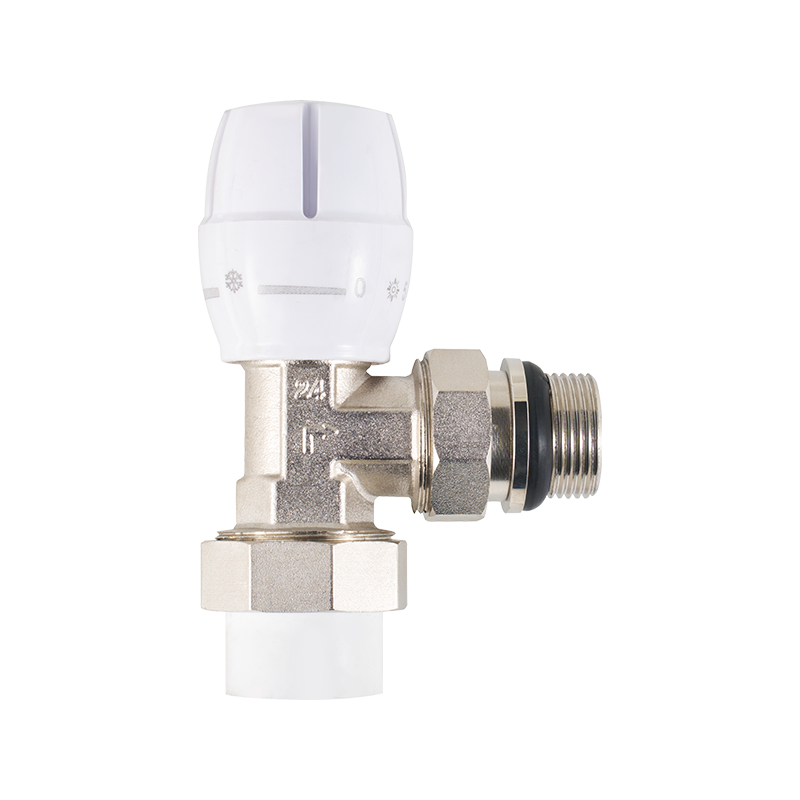
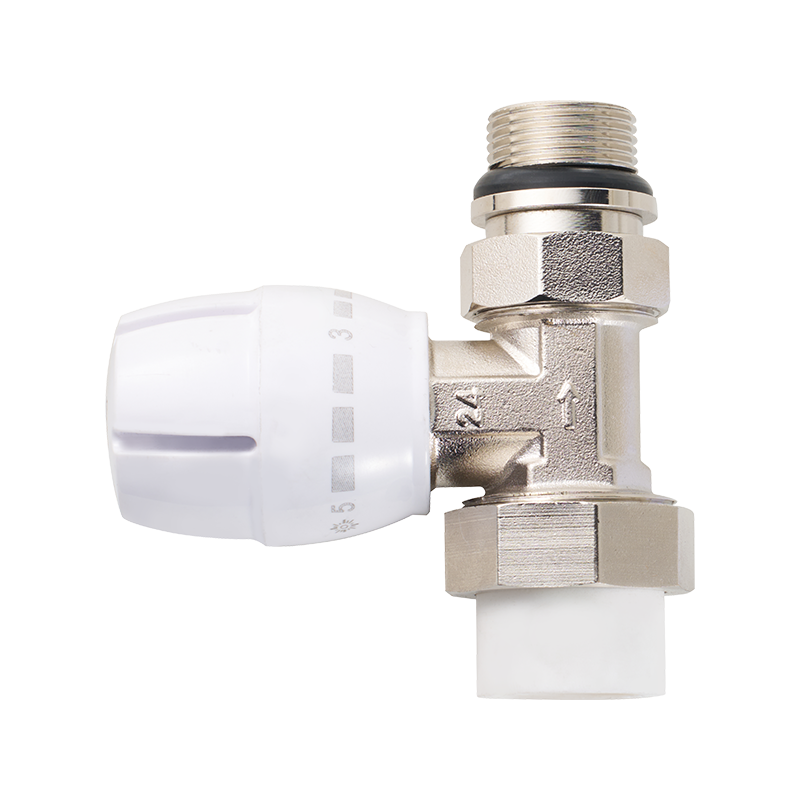
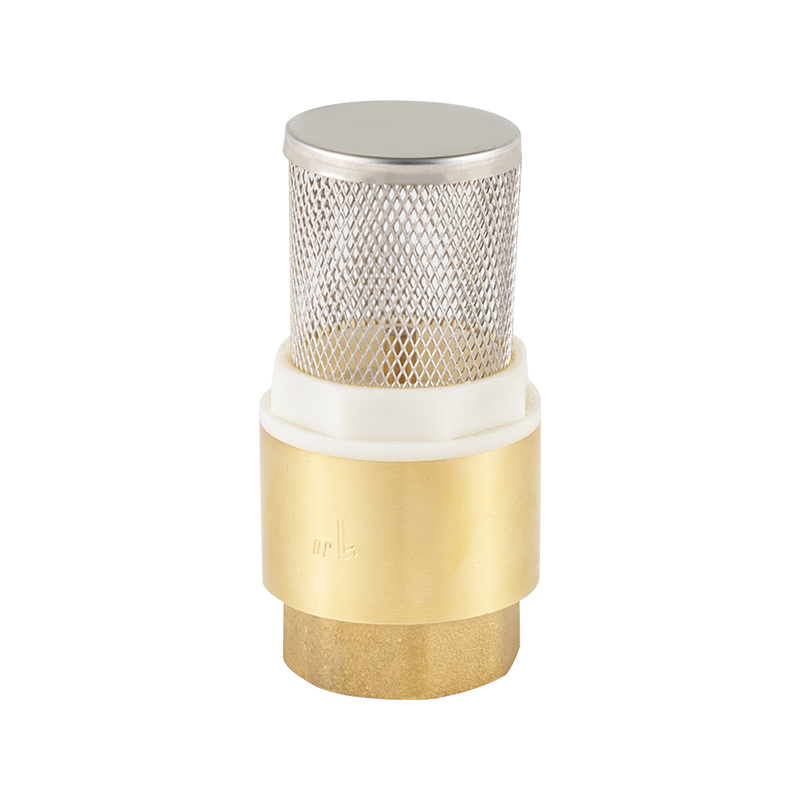

 CONTACT US
CONTACT US